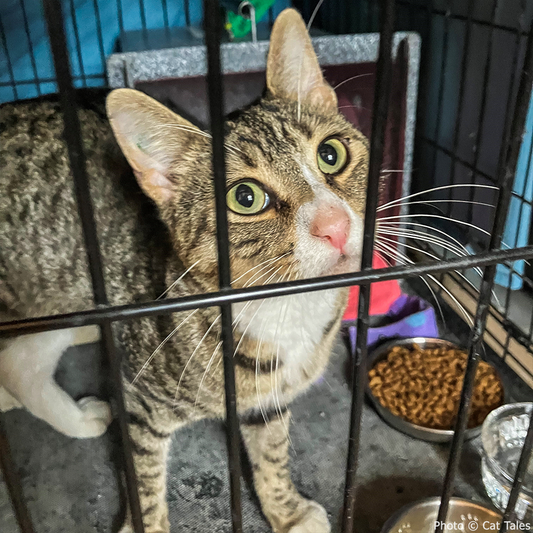Study Suggests Table Scraps May Be Healthier Than Many Dog Foods
Malorie Thompson
If you've owned a dog before, you've probably heard from veterinarians or other dog owners that people's food is for people and dog food is for dogs. Keeping a dog on a strict kibble-only diet is an easy way to avoid feeding your pup something that could be harmful to them.
However, many pet parents opt to feed their pups table scraps. If you've seen a dog beg at the dinner table before, you know they probably get some handouts from time to time.
 Photo: Pexels/Zen Chung
Photo: Pexels/Zen Chung
While that's often looked down upon as being unhealthy for our pets, a new study suggests table scraps might actually be healthier than many dog foods!
The study, titled "The effect of puppyhood and adolescent diet on the incidence of chronic enteropathy in dogs later in life," was conducted by researchers from the University of Helsinki in Finland.
 Photo: Pexels/Ivan Babydov
Photo: Pexels/Ivan Babydov
According to the published results, eating human leftovers might actually help a dog's stomach as he or she ages. Specifically, researchers found non-processed meats and raw bones had positive affects on dogs' stomach health.
In an interview with USA Today, study author Anna Hielm‑Björkman explained: "Proactive owners can provide a variety of whole foods and species-appropriate leftovers for the puppies and young dogs, even as an addition to a kibble-based diet."
 Photo: Pexels/freestocks.org
Photo: Pexels/freestocks.org
To draw any conclusions, researchers analyzed data on dogs and their diets spanning back to 2009. The data covered nearly 9,000 dogs. According to their research, dogs who ate non-processed meats, organs, fish, eggs, raw bones, vegetables, and berries were found to be 22% less likely to develop gastrointestinal issues such as chronic enteropathy.
On the other hand, dogs on a steady and consistent diet of highly processed, dried kibble were found to be 29% more prone to chronic enteropathy.
 Photo: Pexels/Zen Chung
Photo: Pexels/Zen Chung
Perhaps one of the biggest takeaways from the study was that dogs who ate rawhide chews were significantly more likely to develop chronic enteropathy - 117% more likely!
While the study doesn't prove that table scraps are healthy for dogs, it does suggest a link between eating more foods in their raw state compared to relying solely on dried kibble.
Of course, always speak to your pet's veterinarian before making any changes to their diet.

Malorie works as a writer and editor in Northern California. She's passionate about food, conscious living, animal welfare, and conservation. She's worked with a variety of publications in different sectors but is happiest covering topics close to her heart. When not at her laptop, Malorie can be found enjoying picnics on the beach, hiking in the redwoods, and spending time with her rescue pup, Jax.




















